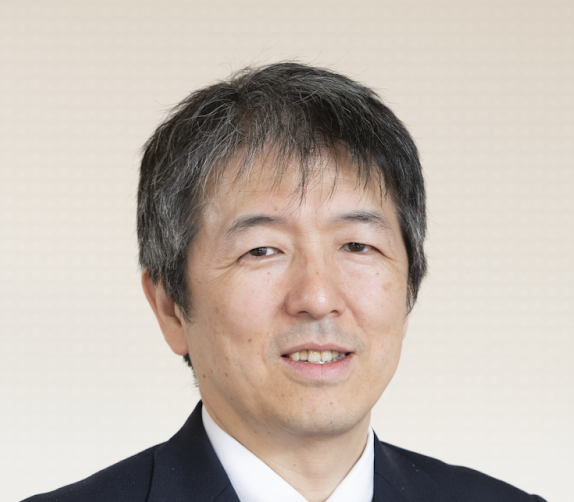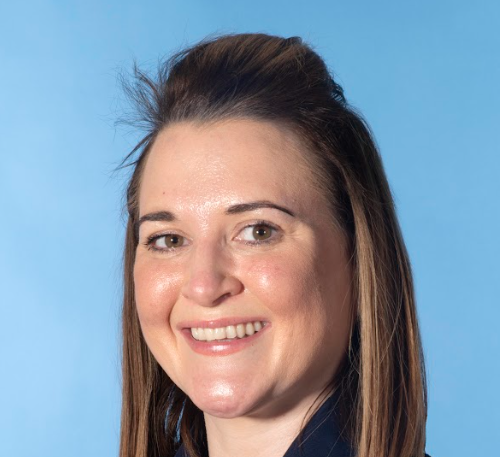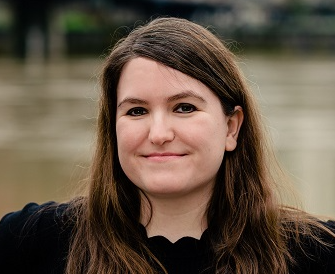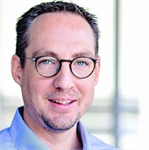In this activity, a medical oncologist, an oncology nurse, a clinical oncology pharmacist and a pathologist share their insights on the role and impact of immune checkpoint inhibitor therapy in treating patients with solid tumours, discuss approaches for identifying, monitoring and managing immune-related adverse events, and review the role of biomarkers in informing immunotherapy use across tumour types.
Target Audience
This activity has been designed to meet the educational needs of medical oncologists and oncology nurses involved in the management of patients with solid tumours.
Disclosures
USF Health adheres to the Standards for Integrity and Independence in Accredited Continuing Education. All individuals in a position to influence content have disclosed to USF Health any financial relationship with an ineligible organization. USF Health has reviewed and mitigated all relevant financial relationships related to the content of the activity. The relevant relationships are listed below. All individuals not listed have no relevant financial relationships.
Faculty
Prof. Ken Kato discloses: Advisory board or panel fees from AstraZeneca, Bayer, Bristol Myers Squibb, Chugai, Janssen, Merck Bio, MSD and ONO. Consultancy fees from Daiichi-Sankyo, Seagen and Servier. Grants/research support from Bristol Myers Squibb, Merck Bio, ONO and Taiho. Speaker’s bureau fees from Bristol Myers Squibb, MSD and ONO.
Ms Tara Hurley has no interests/relationships or affiliations to disclose in relation to this activity.
Dr Alison Palumbo discloses: Advisory board or panel fees from Pfizer, Pharmacy Times and Regeneron (relationships terminated). Consultancy fees from Market Access Transformation and Precision Value. Grants/research support from Hematology/Oncology Pharmacy Association (relationships terminated).
Prof. Albrecht Stenzinger discloses: Advisory board or panel fees from AGCT, AstraZeneca, Bayer, Bristol Myers Squibb, Eli Lilly, Illumina, Janssen, MSD, Novartis, Pfizer, Roche, Seattle Genetics, Takeda and Thermo Fisher. Grants/research support from Bayer, BMS, Chugai and Incyte.
Content reviewer
Danielle Walker, DNP, APRN, AGNP-C has no relevant financial relationships to disclose.
Touch Medical Director
Anne Nunn has no financial interests/relationships or affiliations in relation to this activity.
USF Health Office of Continuing Professional Development and touchIME staff have no financial interests/relationships or affiliations in relation to this activity.
Requirements for Successful Completion
In order to receive credit for this activity, participants must review the content and complete the post-test and evaluation form. Statements of credit are awarded upon successful completion of the post-test and evaluation form.
If you have questions regarding credit please contact cpdsupport@usf.edu
Accreditations
Physicians
This activity has been planned and implemented in accordance with the accreditation requirements and policies of the Accreditation Council for Continuing Medical Education (ACCME) through a joint providership of USF Health and touchIME. USF Health is accredited by the ACCME to provide continuing medical education for physicians.
USF Health designates this enduring material for a maximum of 1.0 AMA PRA Category 1 CreditTM. Physicians should claim only the credit commensurate with the extent of their participation in the activity.
The European Union of Medical Specialists (UEMS) – European Accreditation Council for Continuing Medical Education (EACCME) has an agreement of mutual recognition of continuing medical education (CME) credit with the American Medical Association (AMA). European physicians interested in converting AMA PRA Category 1 CreditTM into European CME credit (ECMEC) should contact the UEMS (www.uems.eu).
Advanced Practice Providers
Physician Assistants may claim a maximum of 1.0 Category 1 credits for completing this activity. NCCPA accepts AMA PRA Category 1 CreditTM from organizations accredited by ACCME or a recognized state medical society.
The AANPCP accepts certificates of participation for educational activities approved for AMA PRA Category 1 CreditTM by ACCME-accredited providers. APRNs who participate will receive a certificate of completion commensurate with the extent of their participation.
Nurses
USF Health is accredited as a provider of nursing continuing professional development by the American Nurses Credentialing Center’s Commission on Accreditation.
A maximum of 1.0 contact hours may be earned by learners who successfully complete this continuing professional development activity. USF Health, the accredited provider, acknowledges touchIME as the joint provider in the planning and execution of this CNE activity.
This activity is awarded 1.0 ANCC pharmacotherapeutic contact hour.
Date of original release: 8 June 2023. Date credits expire: 8 June 2024.
If you have any questions regarding credit please contact cpdsupport@usf.edu





